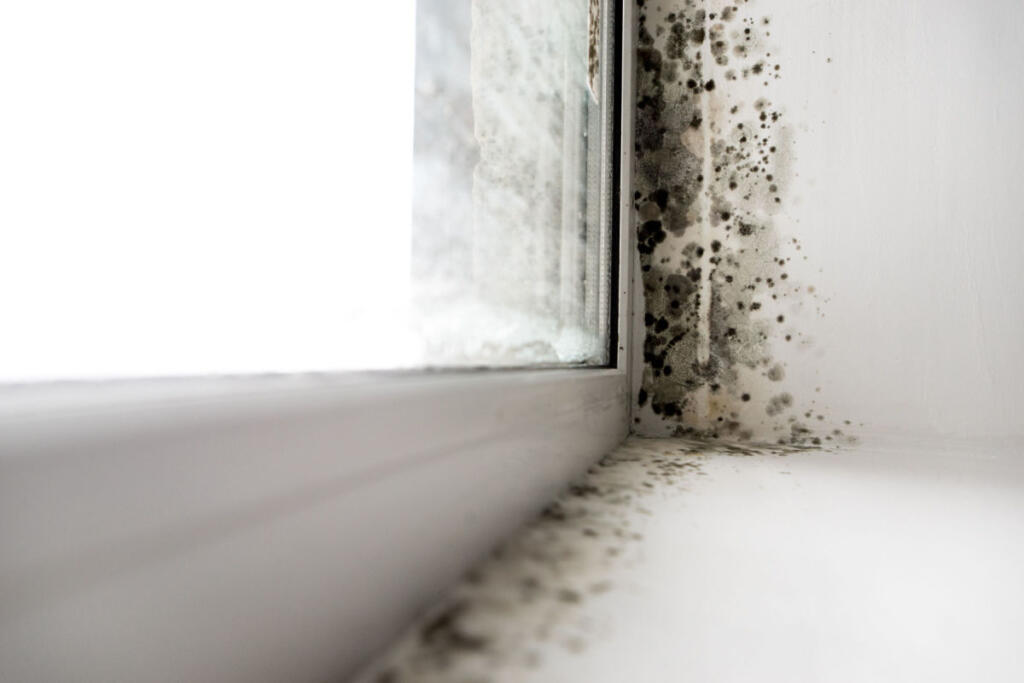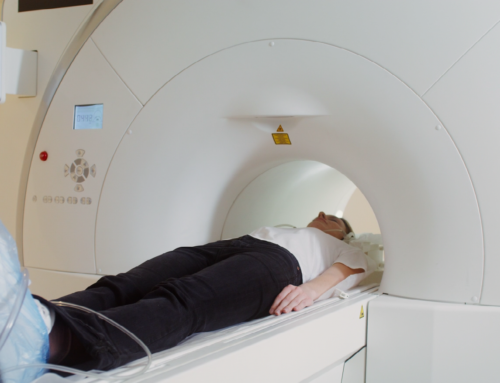
Step 1: Document the Mold
The first thing a renter should do when suspecting mold in their apartment is to document it thoroughly. Clear photos of the mold from various angles should be taken to show the extent of the problem. Mold that accumulates in the corners of showers, or in and around sinks, are typically the responsibility of the renter to clean. However, mold in walls, in and under carpet, and any other areas are the responsibility of the Landlord to remediate. Having mold testing done in the apartment is also an important step at documenting the severity of the mold problem. If the landlord is unwilling to do this, many renter’s insurance policies will cover this expense.
Step 2: Notify the Landlord
Renters should notify their landlord as soon as possible. Colorado law requires this must be done through written or electronic means – emailing a landlord is sufficient. The renter should outline where the mold is located and any associated problems, such as moisture or leaks that may be contributing to the mold growth. Landlords in Colorado must respond to renters complaining of mold within 96 hours. Within that 96 hours, the landlord must install an air filter, stop the sources of water causing the mold, and create a plan to contain and remediate the mold. If the landlord does not respond or if the response is inadequate within the 96-hour timeframe, renters should follow up with a second written or electronic notice. They should reiterate the urgency of the problem and the need for immediate action. At this stage, it’s advisable to mention that unresolved health hazards like mold could lead to further legal action.
Step 4: Seek External Help
Should the landlord still fail to address the mold issue, renters should seek external help. Contacting the local health department or a housing authority to report the condition is a recommended step. These agencies can offer guidance and, in some cases, intervene on behalf of the tenant. They might inspect the apartment, which can provide official documentation of the mold issue, bolstering any legal claims the renter might need to pursue.
Renters should consider consulting with an attorney who specializes in tenant rights. Legal advice can be crucial, especially if they need to explore options like withholding rent, breaking their lease, or suing for damages related to health issues or property damage caused by the mold. A renter should continue to pay rent, even if the apartment is not habitable, until speaking with an attorney to guide them.
Living with mold is not only uncomfortable but also potentially hazardous to health. Taking these steps ensures that the issue is addressed legally and effectively. Renters should always maintain a record of all interactions with their landlords and any professionals involved in the process, as these documents could be important if they end up in court. Staying informed about their rights and available resources ensures that renters can live in a safe and healthy environment.






Leave A Comment